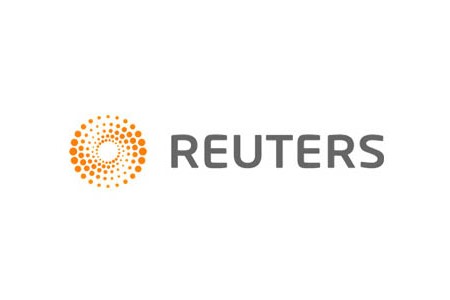U.N. envoy says Iran human rights record should not be overlooked amid overtures

Michelle Nichols
23 October 2013
(Reuters) – Iran’s human rights record should not be overlooked amid overtures to the West by new President Hassan Rouhani, a U.N. envoy said on Wednesday as he criticized Tehran for executing 724 people in 18 months, including dozens just after Rouhani was elected in June.
Ahmed Shaheed, U.N. special rapporteur on human rights in Iran, said at least 44 people were executed shortly after the Iranian polls and that the majority of all executions were related to drug-trafficking cases.
Rouhani is a relative moderate who has opened a door for compromise on Iran’s nuclear program after years of escalating confrontation with Western powers. Six global powers and Iran met in Geneva last week on ways towards a diplomatic deal.
“Any renewed or revitalized dialogue between Iran and the international community must include and not seek to sideline the issue of human rights,” Shaheed told the U.N. General Assembly’s Third Committee, which focuses on human rights.
“Human rights considerations must be central to the new government’s legislative and policy agenda, and to international dialogue and cooperation,” said Shaheed, who was not allowed to visit Iran to investigate the rights situation.
Iran said it does not claim to have a perfect human rights situation and that no country – including those who voted at the U.N. Human Rights Council in March for Shaheed to continue his role for another year – could make such a claim.
“We, however, stress that Iran, especially after the election of President Rouhani, has put a new emphasis on its unwavering dedication towards the promotion and protection of all human rights inside and outside the country,” a representative of Iran’s U.N. mission told the Third Committee.
SANCTIONS HURTING
In Shaheed’s annual report, he said there appeared to be an increasingly adverse impact of general sanctions on the country’s economic and social welfare, raising alarm about the apparent ineffectiveness of humanitarian safeguards.
The United States and the European Union say their embargoes do not target humanitarian goods. But cutting off Iran’s energy, banking and shipping sectors from the outside world has touched every sector of the economy and caused a currency crisis.
“Several reports have signaled that humanitarian safeguards in the form of exemptions for foodstuffs, medicines, chemicals for the production of medications and medical supplies are failing to meet their intended purpose,” Shaheed wrote.
He said shortages of drugs and materials to repair and maintain medical equipment “are having a profoundly worrisome impact on access to life-saving medical measures,” but that some reports indicate that the Iranian government could have done more to protect medical supplies in the face of sanctions.
“A former Iranian health minister is reported to have maintained that of the $2.5 billion earmarked for foreign exchange necessary to meet the import needs of the medical sector in 2012, only $650 million was provided, intimating that the funds were misallocated,” Shaheed said.
Shaheed also raised concern about women’s rights, particularly laws and policies that were continuing to limit women’s access to decision-making roles and erode progress made by women in education. He said all 30 women who had registered as candidates for the presidential elections were disqualified.
Iran told him the women were not ruled out because of gender but due to a lack of “executive and political experience.”
Iran’s representative said Shaheed’s report “has not paid sufficient notice to Iran’s legal system and Islamic culture and considers whatever he sees in the West as an international standard for the entire world.”

